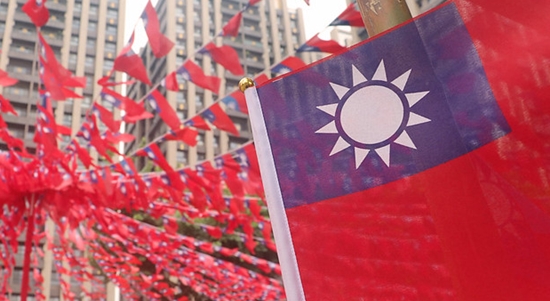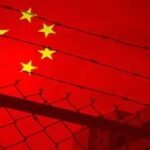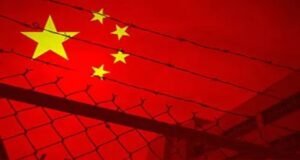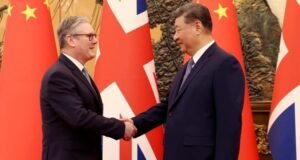
Suppose a serial killer is on the loose. After conducting his killing spree for a while, he starts murdering people faster or more sadistically. If you’re a spokesman for the local police trying to deal with this, at the next press conference would you characterize the change as “an unacceptable escalation”?
Of course it is unacceptable. The problem is that by describing what is happening in this way, the speaker seems to imply, doubtless unwittingly, that the previous pace or method of committing murder was more acceptable or relatively acceptable. The earlier actions are somehow downplayed. Every new crime makes the situation worse, and there may be degrees or variations of many aspects of them. But there aren’t any degrees of unacceptableness. Each and all are 100% unacceptable.
So I find the wording of the Article19.org headline “China: New guidelines are an unacceptable escalation in attack on Taiwan’s freedom of expression” (June 28, 2024) to be a bit jarring. Yes, the escalation of the harassment is unacceptable. All China’s previous harassment of the people of Taiwan and “separatists” is also unacceptable.
Maximum threat
The article is fine otherwise.
For example, Article 19 quotes the observation of Michael Caster, its Asia digital program manager, that with its new edicts or guidelines “Beijing is seeking to wield the maximum threat of in absentia death sentences to instill fear and gag independent expression on all things Taiwan…. [T]his has nothing to do with preserving cross-straits peace, as Beijing would have it. This development serves to further bully the international community into isolating Taiwan. The only acceptable response is to redouble solidarity and accelerate coordination and cooperation with Taiwan.”
Article 19 reports that the guidelines “outline a number of prohibited activities” that could
effectively apply to anything under Beijing’s vague and overbroad definition of ‘Taiwan independence,’ including protected rights to freedom of expression, assembly, and association. For example, they prohibit establishing so-called secessionist organisations, promoting Taiwan’s membership in international organisations such as United Nations agencies, engaging in official exchanges with foreign governments or militaries, exercising academic, cultural, historical, or media freedoms in ways that contradict Beijing’s narrative on Taiwan, or providing financial support to Taiwanese causes disapproved by Beijing, among other open-ended activities. They further stipulate that anyone who colludes with foreign or overseas organisations, institutions, or individuals will receive harsher punishment. So-called ringleaders could face the death penalty, while other sentencing ranges from 10 years to life imprisonment.
One “colludes” with foreign organizations by communicating and cooperating with them. But more than this is required. Collusion is “secret agreement or cooperation especially for an illegal or deceitful purpose” (Merriam-Webster).
If the point of the interaction is open and innocent or secret and innocent, describing it as “collusion” is inaccurate, even if some foreign government calls the interaction secret, illegal, and deceitful. And there’s nothing objectionable in itself with “contradict[ing] Beijing’s narrative on Taiwan, or providing financial support financial support to Taiwanese causes disapproved by Beijing.”
Fifty colluding countries
Article 19 confirms that we would be unwise to regard Beijing’s latest formal escalation of its harassment of the people of the Republic of China as merely verbal bullying.
On June 26, 2024, “a spokesperson for China’s State Council left the door open to China seeking the extradition of individuals accused under the law, which judging from Beijing’s recent rhetoric, could even include Taiwan’s newly elected president Lai Ching Te, who Beijing has accused of separatism. China has extradition agreements with at least 50 countries around the world. Some Taiwanese nationals have already been swept up in China’s larger global extradition campaign.”











